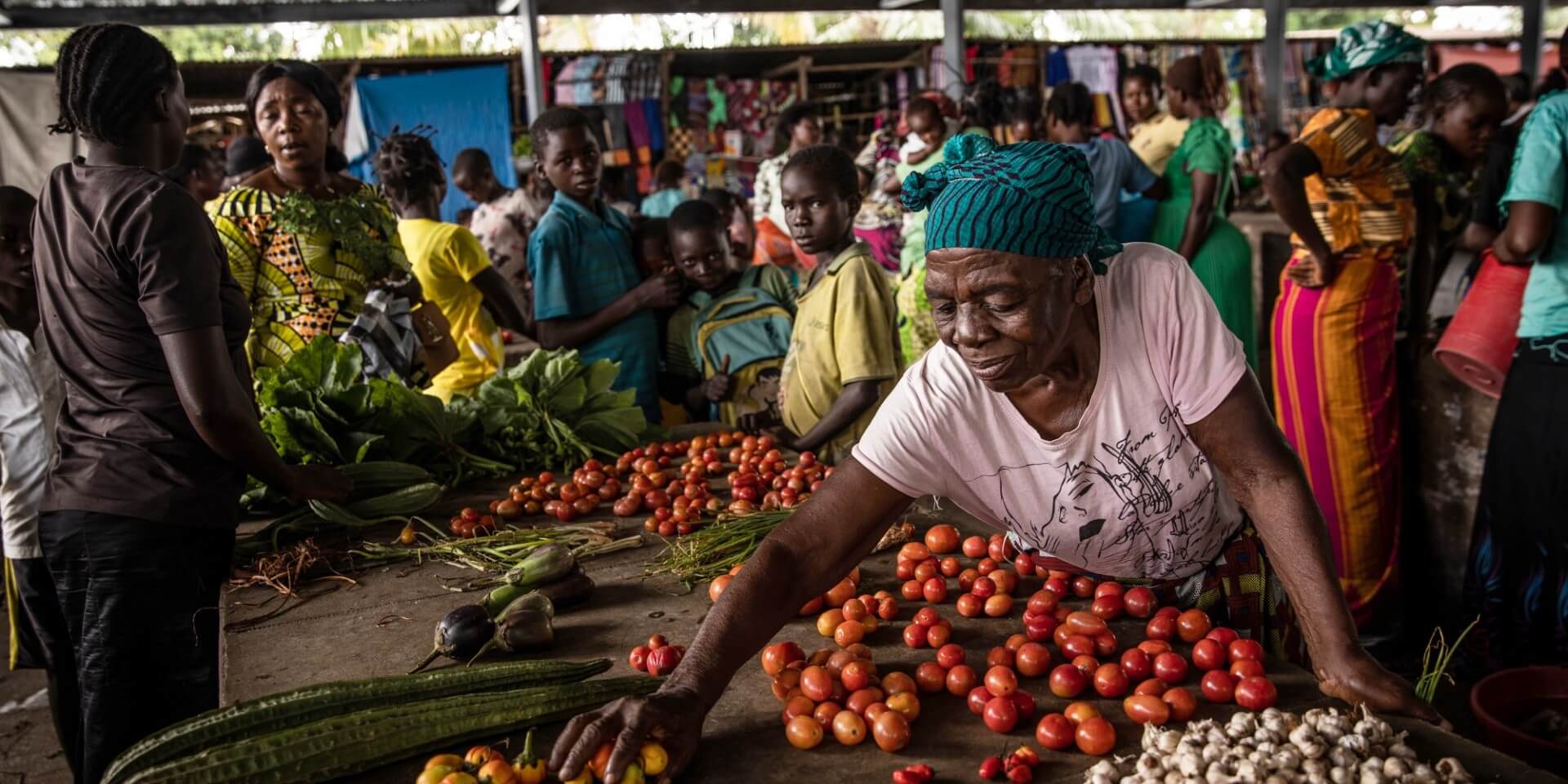
Hunger is a global problem that affects millions of people every day, particularly in third-world countries. While efforts have been made to combat this issue, there is still a long way to go. In this article, we’ll explore the causes of hunger in third-world countries, its impact on individuals and communities, and the solutions that can help fight it.
Causes of Hunger in Third-World Countries
A variety of factors cause hunger in third-world countries. A major contributor is the lack of access to basic necessities such as clean water, food, and healthcare. In addition, poverty, political instability, natural disasters, and conflicts exacerbate the problem.
The Impact of Hunger Hunger has a devastating impact on individuals and communities. Malnourishment can lead to stunted growth and development, weakened immune systems, and increased disease susceptibility. Children are particularly vulnerable, with hunger contributing to a high child mortality rate. Hunger also affects education, as hungry children struggle to concentrate and perform well in school. Hunger can also lead to social and economic problems, as families are forced to sell their assets and incur debt to buy food.
Solutions to Combat Hunger

There are many solutions to combat hunger in third-world countries. One of the most effective solutions is to increase access to nutritious food. It can be done by providing food aid and supporting local farmers to grow crops. Investing in infrastructure such as irrigation systems, roads, and storage facilities can also help increase access to food. Education and awareness campaigns can also help communities learn about proper nutrition and food preparation.
Another solution is to address the root causes of hunger, such as poverty and political instability. It can be achieved by providing education and job training opportunities, supporting small businesses, and promoting good governance. Providing access to healthcare and clean water can also help reduce the impact of hunger.
But how can we take action and make a difference?
The answer is simple: we need to raise awareness and encourage others to join us in this fight. We can start by supporting organizations working to combat hunger in third-world countries. Donating to these organizations can help provide food aid, fund infrastructure projects, and support education and awareness campaigns.
In addition, we can take action in our own communities. For example, we can reduce food waste by only buying what we need and donating excess food to local food banks. We can also support local farmers by buying locally-grown produce and reducing our carbon footprint.

Furthermore, we can use our voices to advocate for change. By contacting our local representatives and urging them to support policies that combat hunger in third-world countries, we can help create lasting change.
Fighting hunger in third-world countries is not just a moral imperative. It is also an economic necessity. Hunger limits the potential of individuals and communities, reducing productivity and economic growth. We can help create a more equitable and prosperous world for everyone by combatting hunger.
In conclusion, fighting hunger in third-world countries is a call to action for all of us. We can make a difference by increasing awareness, supporting organizations, taking action in our communities, and advocating for change. So let’s work together to fight hunger and create a better world for all.
